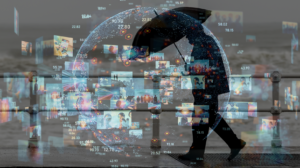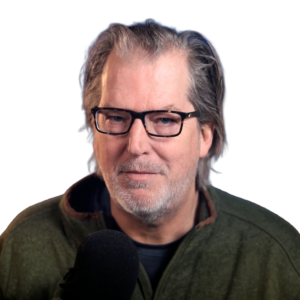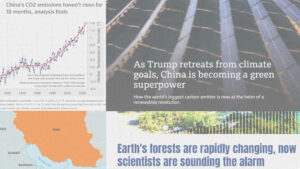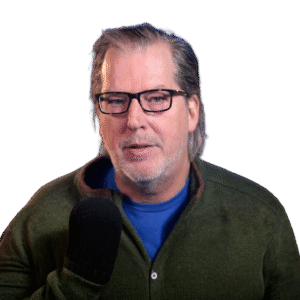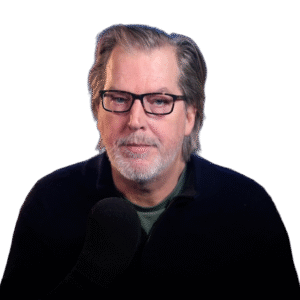
#74 | Frankly
The Lament of the Bigfoot
In a polarized and fractured society, those who draw attention to the ecological devastation wrought by human activities, and those who champion the importance of protecting non-human life, increasingly face the label of being ‘anti-human.’ In this Frankly, Nate reads a poem he wrote 20 years ago this month “The Lament of the Bigfoot” which highlights the disproportionate role humans have on the ecosystems they inhabit and reflects on how his attitudes have both changed and stayed the same 20 years on.
Yes, the scale of the human enterprise has resulted in unprecedented harm to Earth’s biosphere. But separate from – and indeed as a result of – our past decisions, it is our actions today that will steer the future. Imagine how different that future might look if humanity harnessed its ingenuity and innovation to become active contributors, embedded within the web of life.
Is it possible to overcome ‘the agenda of the gene‘? And if so: how? And when? In what ways could humans actively enhance ecosystems by creating, rather than appropriating, biological productivity? And how might we reframe cultural and economic incentives to accelerate the shift towards an ecological civilization? Big open questions.
Support The Institute for the Study of Energy and Our Future
In French, we have a motto that says that a simple drawing is often better than a long explanation. Jean-Marc Jancovici Carbone 4 President
That’s very understandable because with left atmosphere thinking, one of the problems is that you see everything as a series of problems that must have solutions. Iain McGilchrist Neuroscientist and Philosopher
We can’t have hundreds and hundreds of real relationships that are healthy because that requires time and effort and full attention and awareness of being in real relationship and conversation with the other human. Nate Hagens Director of ISEOF
This is the crux of the whole problem. Individual parts of nature are more valuable than the biocomplexity of nature. Thomas Crowther Founder Restor
Show Notes & Links to Learn More
Download transcript01:12 – Herman Daly + TGS Episode
02:07 – Bigfoot
02:09 – ‘The Lament of the Bigfoot’ poem
04:43 – Patterson/Gimlin film
05:03 – Atossa Soltani
06:24 – Jared Diamond + cutting down the last tree
06:56 – Daniel Quinn + Takers and Leavers
07:13 – What if Climate Change was a Hoax?
08:03 – Leaving the stability of the Holocene
08:32 – Pella Thiel + TGS Episode
09:40 – Joanna Macy + Council of All Beings
10:32 – TGS Episode on Energy Blindness in economics
10:43 – Net Primary Productivity (NPP) + Human appropriation of NPP
10:58 – Regenerative agriculture + impact on soil health
11:27 – Restoring wetlands
11:35 – Reconnecting water flows
11:50 – Carbon stored in wetlands
11:58 – Forests grow at *2.5% per year
12:14 – 19 terawatt metabolism
13:13 – *6 of 9 planetary boundaries have been exceeded
13:24 – Maximum Power Principle, Economic Superorganism
13:53 – Frankly on emerging shift in consciousness
15:58 – Four Horsemen
17:40 – Mary Oliver + poem

